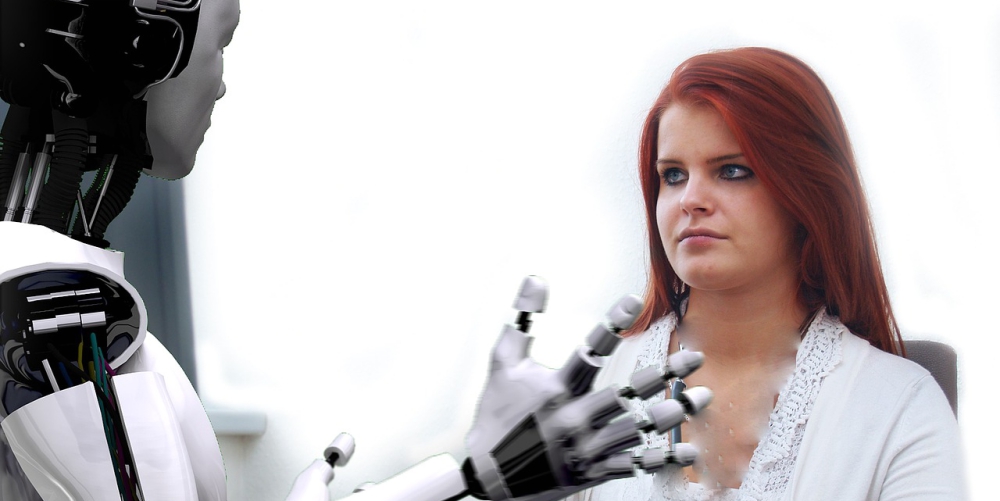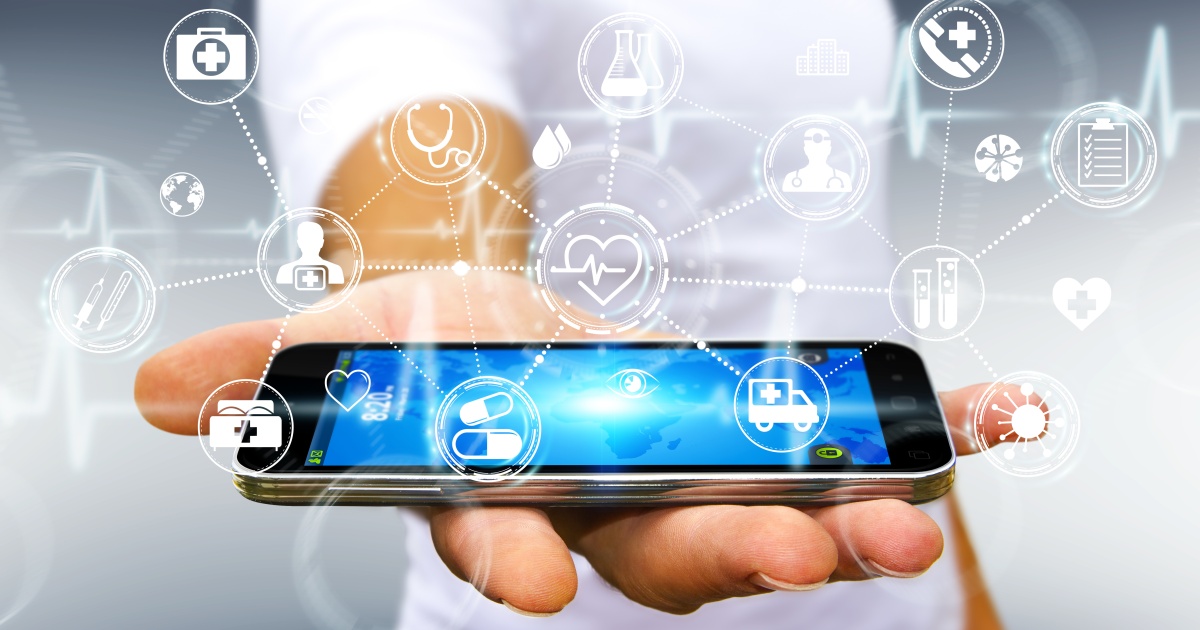
Artificial intelligence is no longer reserved for sci-fi movies, it now travels in your pocket. Soon it will help you be healthier or receive a more precise and quicker diagnosis and even a personalized treatment scheme. AI for healthcare is slowly overcoming regulatory barriers and entering the mainstream. Cost savings generated by using AI are not negligible either. A report from McKinsey estimates that by using big-data powered strategies in healthcare, savings could be as high as $100 billion annually.
Top Uses of AI in Healthcare
A piece in Forbes describes the evolution of AI systems for medical use. They have come a long way since the early days as simple risk-calculators. Now more advanced variants are in use and act as decision support systems. The scope is to reach a new level where AI can generate new hypothesis about the diseases, suggest new drugs and uncover personal patterns.
Developing New Drugs and Treatments
The ability of AI to learn through successive iterations and test millions of possible scenarios in a matter of hours or days transforms drug research. Before, clinical trials lasted years and still did not include all the possible interactions and side-effects. Through computer simulation, these tests can be shortened significantly. The algorithms focus on reactions and outcomes between molecular structures.
Image Analysis and Pattern Recognition
An estimate by IBM shows that medical imagery is almost 90 percent of all medical data. Before machine learning, all this information was interpreted by trained professionals and compared to their best knowledge. Now, the process is automated, and individual results can be matched against comprehensive databases. Furthermore, all new insights are stored to be reused when necessary, deepening domain understanding.
Virtual Nurses
Most patients fail to follow their drug schemes due to a hectic lifestyle, forgetfulness and other distractions. A virtual nurse like Molly can act as a great reminder, but other solutions go a step further and use the smartphone’s camera to check that patients are really taking their medication. This is most useful for people who are usually reluctant in following medical advice or those who need to be under strict medical surveillance, like during clinical trials.
Precision Medicine
AI is opening the door towards a new way of pursuing healthcare. Instead of matching symptoms to known conditions, precision medicine aims to go deep into each patient’s DNA and identify what they are susceptible to. Such a thorough scan offers valuable insights about congenital diseases and can spot cancerous cells in the very early stages of development.
This approach can be combined with other AI tools like Watson’s Oncology module. The algorithm receives information about the patient’s markers and compares them with existing databases. The result is a personalized treatment plan. From a statistical perspective, this should maximize survival chances.
Psychological Help
Through conversational interfaces like chatbots, people who can’t afford professional mental help can get some form of relief. A representative of the AI development company InData Labs claims that bots use AI to identify speech or text patterns. These can indicate depression, anxiety or even suicidal thoughts. The conversation follows carefully designed routines. Using a shrink chatbot can either offer a distraction or comfort. The algorithm will alert competent authorities if the situation gets tenser. They do not replace proper therapy but can be an alternative for people who are lonely.
Problems and Drawbacks of AI for Healthcare
The most noticeable problem is the slow adoption rate so far. While other sectors like retail and fintech are already riding the AI wave, healthcare still needs to get approval. Regulatory and compliance requirements like HIPAA value privacy over insights. This problem can be easily overcome by incorporating privacy elements right from the design phase of the system and testing it in protected environments.
A less obvious concern related to AI bias has been discussed in Quartz. Since the training data used to teach AI algorithms comes from randomized control trials, it could be highly biased by the selection of the participants. Most clinical trials require the patients to be of a certain age or even gender and are not accessible to underprivileged categories.
There is the risk that the algorithm has no information about older patients or even categories such as pregnant women who are usually not eligible for trials. Since AI is a black box, it is also difficult to eliminate such bias. The solution here relies on collecting more data from unrepresented categories.
A Technological Revolution
Until now AI was considered more of a back-end technology that provided answers and insights. The democratization of wearables, chatbots, and virtual assistants is bringing AI to the user interface. Soon AI could change the experience both for providers and patients.
In the next years, AI will not only be a tool for data analysis but an integrated system in our daily routines. The hundreds of fitness and wellness apps on smartphones are a preview of what is yet to come.
Edited by
Ken Briodagh





